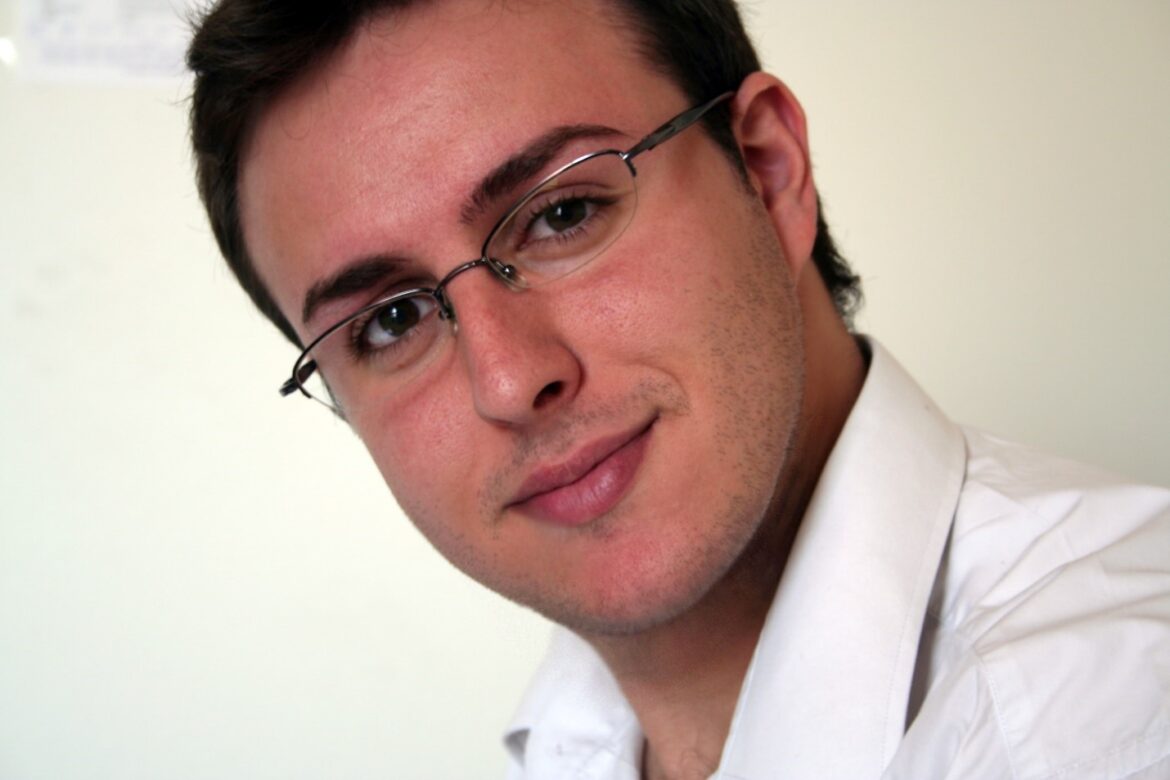What a difference a year makes. Over the past twelve months, half of the Gulf’s countries have declared a net zero carbon target date (the UAE in 2050, Bahrain and Saudi Arabia by 2060). Last year, Saudi Arabia launched the Saudi and Middle East Green Initiatives, two ambitious programmes that seek to reduce carbon emissions, increase forestation, and protect both natural land and sea habitats.
Since 2021, the number of Saudi sustainability-related projects have rapidly increased; only this month, the Kingdom announced a regional carbon market entity (this followed a national carbon market set up in 2021), which was followed by Saudi Aramco’s unveiling of a US$1.5 billion sustainability fund.
These steps should be viewed from two perspectives. The first is livability and public health; owing to climate change, the region is warming twice as fast as the rest of the world. Summer temperatures can regularly exceed fifty degrees Celsius, impacting quality of life. The second is economics; the energy industry is the cornerstone of the region’s economy. And yet, globally, the sector is gradually transitioning towards renewables and hydrogen as an alternative fuel source.
While some analysts may look to the two Conference of Parties that are set to take place in the Middle East (COP27 in Egypt, COP28 in the UAE) as the catalyst for this transformation, the sustainability push was baked into the Kingdom’s strategic transformation project, Vision2030. Launched in 2016, Vision2030 includes numerous references to sustainability, including in areas such as “policy development and investment to planning and infrastructure”. Several of the Kingdom’s signature development projects are built around a specific notion of sustainability, including the tourism-focused Red Sea Global and the futuristic smart city NEOM which has floated ideas such as net zero transportation.
While sustainability has been very much driven by the government (much in line with the rest of the region), there has been a growing effort to get business involved too. The country’s stock exchange has been working with listed companies, of which there are over two hundred with a total market cap exceeding nine trillion Saudi Riyals as of the end of 2020, to help and encourage them to report on the environmental, societal and governance (ESG) progress they are making. Given the interest in ESG-related issues, especially among investors, it makes sense for the region’s largest stock exchange to promote ESG reporting.
Using its financial resources to drive change, the Public Investment Fund is financing projects in a host of areas, including renewables, alternative energy, electric vehicles, infrastructure development, and waste and energy consumption. This is helping to drive change, at a faster pace. An example is the establishment of the Saudi Investment Recycling Company (SIRC), which will focus in achieving a key sustainability goal by removing approximately 94 percent of municipal solid waste from landfills throughout the country by 2035.
While the pace of change is welcome, the third group that is key to sustainability success is the public. Awareness for sustainability issues throughout much of the Middle East is lower than in other regions, in particular Europe and North America. Slowly but surely, the public must be seen as a part of the solution, and given opportunities to support change through increased education, awareness and participation in sustainability-related initiatives such as material recycling and reuse activities.
Given the events of the last six years, including both the initiatives that have been rolled out as well as the achievements to date as well as those envisioned in the future, it may be time to ask if it is time that the Kingdom’s progress towards becoming a greener, more sustainable country is recognized more widely. One of the world’s largest producers of hydrocarbons is realizing that its future wellbeing is dependent on green innovation and green jobs. That in itself is a shift in thinking which should be applauded.
By: Alex Malouf, Executive Director, Corporate Communications and Public Relations at Ceer, The First Saudi Electric Vehicle Brand




